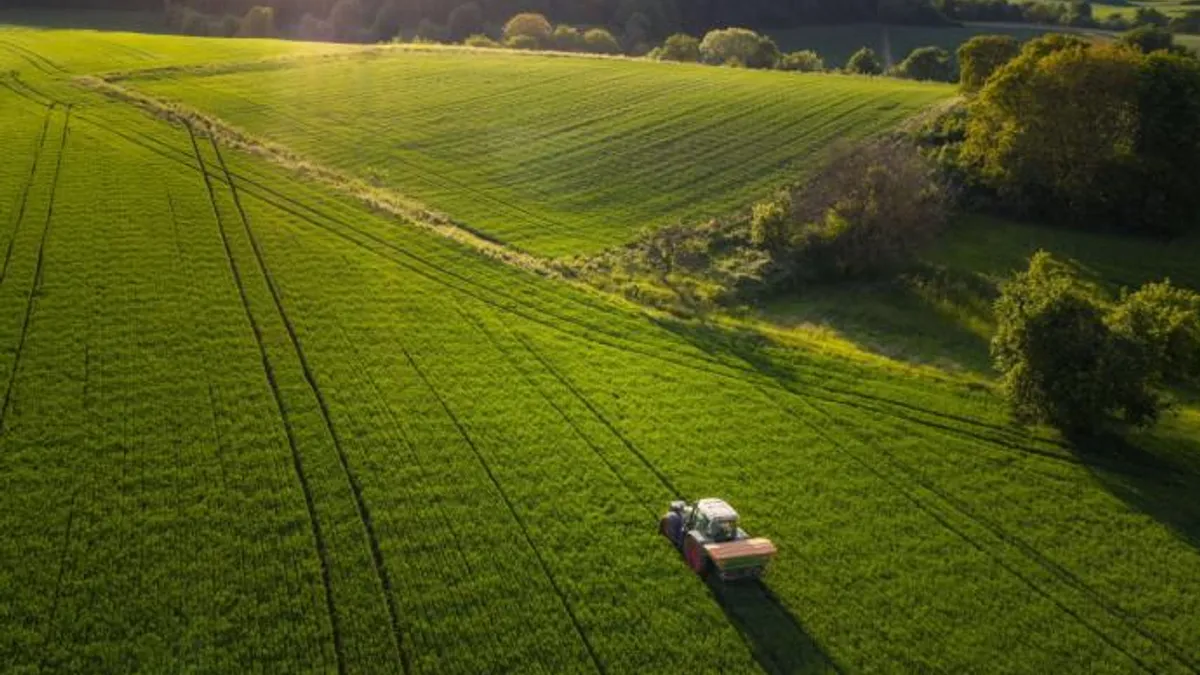Dive Brief:
-
Bayer on Tuesday said it will invest more in regenerative agriculture as it looks to expand in new markets and capitalize on what it sees as a 100 billion euro (around $110 billion) opportunity.
-
The agrochemical giant's crops science division is targeting expansion into segments including carbon farming, precision application services and biofuels. The move would double the division’s potential market, according to a release.
-
Bayer said it has "the potential to shape regenerative agriculture" on more than 400 million acres of farmland in the next decade. It also has plans to advance its core business of seeds, traits, crop protection and digital products through innovation.
Dive Insight:
As weather and climate challenges persist, executives are adopting sustainability goals and reassessing how they can lower their carbon footprints, reduce their natural resource consumption and become better stewards of the land.
One way food companies like Cargill, Nestlé, General Mills and others are doing this is through regenerative agriculture, a system aimed at improving soil health and biodiversity. As more farmers and producers transition to regenerative practices and adopt precision technologies, Bayer is committing to markets that support these efforts for future growth.
“We are envisioning an even broader role in agriculture,” Rodrigo Santos, president of Bayer’s crop science division and board member, said in prepared remarks. “Our portfolio will deliver future innovations with regenerative agriculture at its core, and we will explore new market opportunities to further allow farmers to combine productivity, profitability, and sustainability benefits.”
Bayer said they were focused on products that help farmers grow more with less and also protect their fields in a sustainable way. A few areas the company is committed to are nitrogen-fixation technologies, cover crop solutions and digital precision agriculture tools. Bayer is also working on new seeds, traits, and herbicide and fungicide molecules.
“With the most powerful innovation engine in the industry and leading market positions, Bayer is uniquely set to provide the solutions that farmers need in light of food security and climate change,” Santos said in a statement.
Despite upfront costs, farmers who transition to regenerative agriculture systems can expect a 15-25% return on investment, according to a recent analysis and report by Boston Consulting Group and the World Business Council for Sustainable Development. In a survey of 100 farmers, researchers found that early adopters of regenerative systems claimed to have healthier soils, reduced input costs, fewer complications from fertilizer run-off and better resilience to extreme climate.











